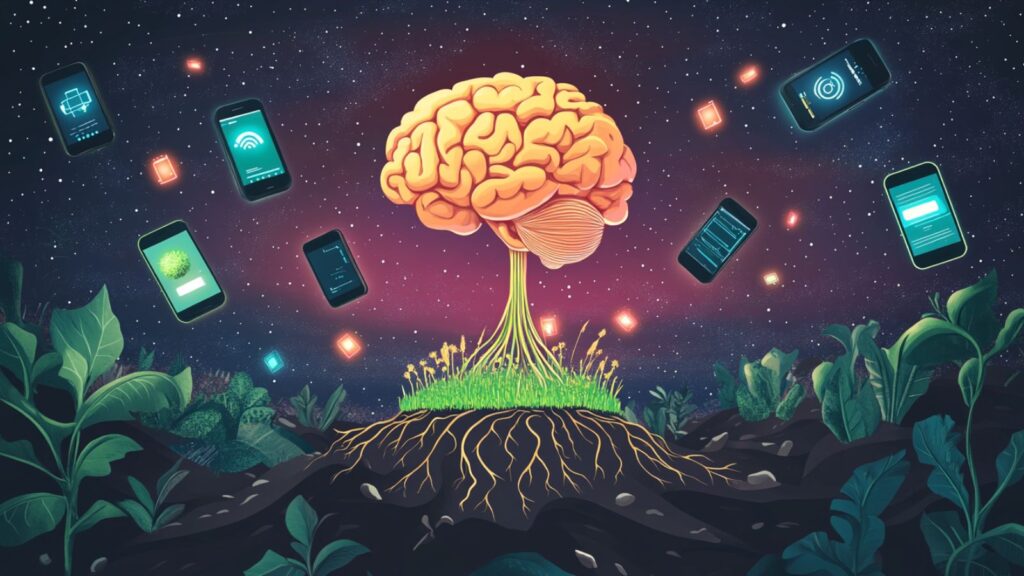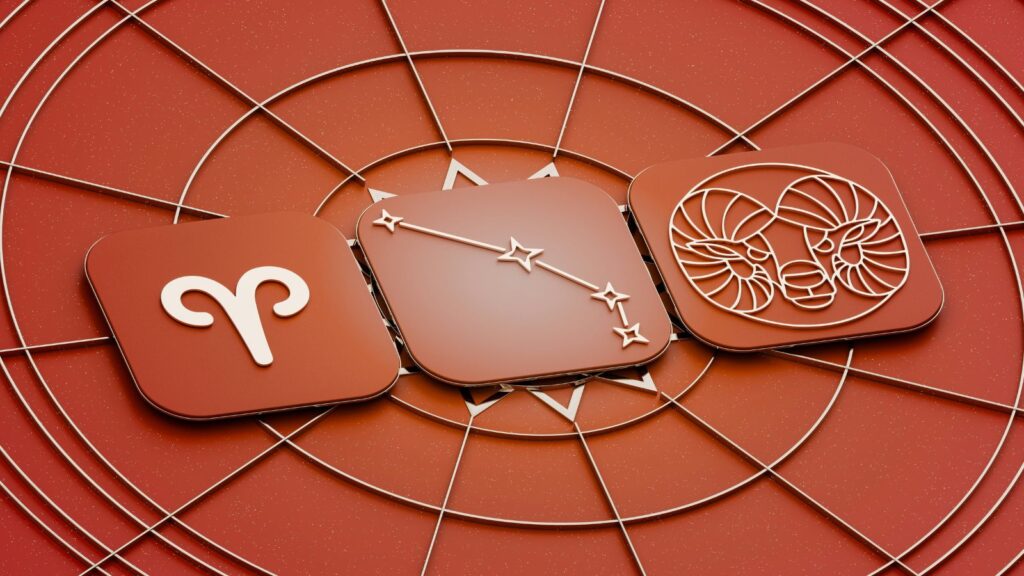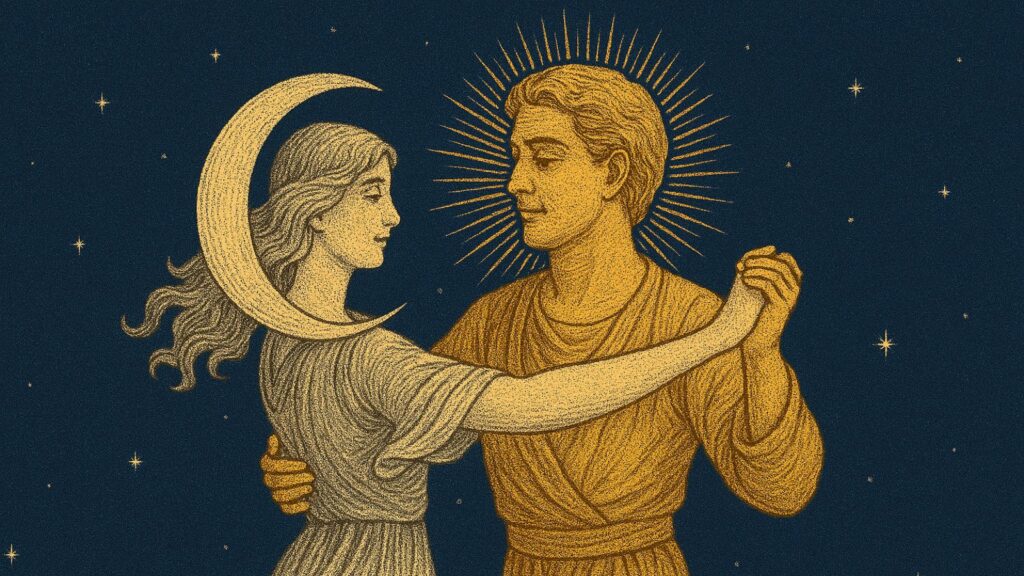The following is excerpted from Dreams 1-2-3: Remember, Interpret, and Live Your Dreams, published by Hampton Roads Publishing.
There are two types of dream characters we have all met at one time or another. They are central actors in some of the most powerful, even life-changing dreams, and they are interrelated—your relationship with one affects your relationship with the other.
They are called shadow, and anima or animus, depending on the gender of the dreamer. They are your guides through dreamland, and your relationship with them determines whether you pass the tests presented by your dreams and advance, or you continue learning and trying. They are also two dream characters that affect your life directly: Shadow and anima/animus are active centers in the psyche regardless of whether you are awake or asleep. That means you have the opportunity to influence your dreaming life while awake, which you will learn to do in Step 3. The concepts were developed by Carl Jung and have withstood nearly a century of scientific scrutiny.
Shadow
If you do something out of character, such as forget an important meeting or inexplicably fall sick the day of a test you aren’t prepared for, you can bet shadow is behind it. Shadow is why people sometimes sabotage their carefully constructed lives despite their best intentions, or do the wrong things despite knowing better. Shadow is the inner nemesis and must be handled carefully, because one’s personal shadow connects with the collective shadow of all people, otherwise known as the dark side or evil, and the stakes are high when dealing with this part of yourself.
The easiest way to explain shadow is it’s the parts of yourself you don’t know about, the dark areas of your mind that could be conscious and under control of the ego, but are not. Though shadow can be personified in dreams as a distinct character, it has many personalities and takes many guises. Shadow’s face in dreams is sometimes blurred, sometimes distinct. Its form is often black—black skin, clothes, or both—but also just “dark.” I’ve encountered dreams of shadow represented also as Latino, Hispanic, Asian, Italian, Gypsy, Russian, even European-American—any group viewed by the dreamer as threatening. These associations are based on the stereotypes, fears, and perceptions of the dreamer, not on objective reality. Racial stereotypes are deeply embedded in many cultures and closely connected with the shadow side of our minds.
Shadow is why hubris leads to nemesis: The more the ego inflates, the more it blocks the light of personal awareness, and the more “shadow” there is for the inner nemesis to work in. The saying “the bigger the head, the bigger the shadow” expresses this idea. When the inflated ego doesn’t get what it wants, it is prone to the opposite of inflation: depression.
Shadow can get you to work against yourself. In fact, it competes with you for control of your agenda. It is what makes you feel sick when you really aren’t, because what you are “sick” of is not physical. I know someone who tripped and sprained her ankle on a morning when she didn’t want to go to work. Guess what was going through her mind the moment she tripped? How much she wanted an excuse to take the day off from her demanding job! It can even influence outside actions and events against you, depending on how much power it is given. That is why I stress that it must be handled carefully.
Shadow is behind the characters that work against you in your dreams, symbolizing how you work against yourself. How do they (who are really you) do it? What buttons do they (you) push? What memories do they (you) bring up, or assumptions do they (you) make? What means are used to influence or control you? Anything you are angry or sore about is territory for shadow. Anything you might call a personal weakness is exploitable. Even people who rail on about politics, religion, or whatever are actually mad about something in themselves that they see in the “other.” Otherwise, why care so much?
People who most strongly deny the existence of their shadow side are often the most strongly influenced by it. What you react to strongly in your dreams or in other people can be something you don’t recognize or like in yourself, but your shadow sure recognizes it. Shadow is like the tour guide puffed up with self-importance by what it knows that you don’t. Reverse that process, find out what your shadow knows that you don’t, and you wrest back control.
Shadow is also made up of good or beneficial parts of yourself that are undeveloped or split off from the ego for some reason. Most parts of the psyche, in fact, have a shadow side (or the potential for it). Shadow isn’t all bad; in fact, it’s not really “bad” at all, just a function of the psyche like any other.
Ultimately, shadow is the test that prepares you for anima or animus work. It must be dealt with before deeper levels of the psyche are accessed, or else it poisons the relationship between the ego and the unconscious. Shadow is helpful for detecting bullshit, deception, and hypocrisy and unlocking creative potential, but first, you must sniff out the negative qualities. The more humble and aware you are, the more shadow becomes apparent, both in yourself and others—trust me, it’s there whether you know it or not.
For an in-depth look at two dreams featuring shadow, see “Baby Draws Unbelievable Pictures,” and “Getting Away with Murder at Laura’s House,” beginning on page 214.
Anima or Animus
Before beginning this discussion I want to stress that the concepts of anima and animus are based on traditional cultural norms, developed during an earlier era when gender roles were more strictly defined. Women were the masters of domestic life and men were the masters of commercial life. These days, gender roles are less clearly defined, but they still persist, with females generally taught to be sensitive and accommodating and subsume masculine parts of themselves in order to live up to feminine ideals. Males generally are taught to be aggressive and less sensitive, and to subsume feminine parts of themselves to live up to masculine ideals. Times are certainly changing, but these gender roles are not only ingrained in our culture, but in our psyches—and thus, our dreams as well.
Plenty of examples exist that turn these notions on their heads, however. The subject gets especially murky when gay, lesbian, and transgendered people are considered. But to understand how anima and animus work and what they represent, they are viewed through the lens of one’s culture and its gender norms.
Anima and animus can be understood as the middleman (or middlewoman) between the ego and the unconscious mind. It is called the “face of the soul” because it is the face of the unconscious mind. Anima, taking the form of an ideal woman, connects men to the deepest places within them. Anima’s counter, Animus, is the male face of a female’s unconscious mind. Both serve the same function: to spark personal development and unify the conscious and unconscious sides of the mind.
Anima and animus are strongly attractive because they possess qualities of the opposite sex that are unconscious in you, but can become conscious. These opposite-sex dream characters have something you instinctively want and need to be a complete person. They can even act as templates for what you find most attractive in a mate, and help prepare you for meeting the right person.
When you meet her (anima) or him (animus) in your dreams, you might think you have found the perfect mate, like in this dream:
There is this girl. The only way to describe her is simply perfect. Not Photoshopped model-perfect, but literally the girl of my dreams. We hang out, carefree. It is summer and life is amazing. Near the end of the dream we have to go to separate places. We leave each other notes saying where we’ll be. Weird thing is, by the end I feel like I’ve known her forever. What does it mean?
What it means is he met his anima in a dream! She is the personification of everything feminine and unconscious in his psyche. The male side of him is well-developed; he has been taught all his life to identify with and develop his masculine side, to be decisive, aggressive, and independent. But what about a feminine side that is intuitive, nurturing, and cooperative? If a man has the mistaken notion that he can’t be sensitive and also fully male, he will neglect his anima and dream of a woman he wants more than any other but can’t have. If he develops his “feminine” side while still being fully masculine, he will achieve balance and enjoy the benefits of being a strong, sensitive man.
Anima, then, can be described as a feminine sub-personality in men, and animus as a male sub-personality in women. Their purpose is to help you connect with traits of the opposite gender within you, lead you to deeper understanding and relatedness, discover what you are made of, and give meaning to life and inspiration for waging its struggles. Their ultimate purpose is to prepare your conscious mind for union, or marriage, with its unconscious side.
A man lacking connection with his anima dries up, feels listless, becomes a robot. If he has a bad relationship with his anima, he’ll be moody, critical, and insensitive in his actions, but highly sensitive about how people act toward him. A good relationship with his anima will animate his life and make him feel like he is walking on air, crack ling with creative energy. But if he overly identifies with his anima, he’ll be too sensitive, a mama’s boy. His dreams will tell him what the relationship is like.
A woman lacking good connection with her animus—her “interior man”—feels like life has no meaning, that she has nothing solid to stand on. If she has a bad relationship with her animus she is temperamental, critical, sarcastic. A good relationship balances her masculine and feminine qualities and makes her a force to be reckoned with, caring but firm in her values and beliefs. But if she overly identifies with her animus, she becomes rigid and judgmental, sometimes domineering and aggressive. Her dreams will tell her what the relationship is like.
Anima and animus figures in dreams are representations cobbled together from your life experience. Their faces are masks, so when looking for someone in the waking world innately attractive in the same way as this powerfully attractive dream character, or when searching your dreams for their presence, go by what you feel, not what you see.
Here is the dream of a woman who had a wild night with her animus:
I’m at a crowded dance club and make my way to the DJ. I ask him to play me something, and he puts on a slow song that’s really cool, but the other dancers complain about the tempo. He and I ignore them and dance together. The night goes on and we continue to dance to the slow music. We kiss. I feel very attracted to him.
Be careful to avoid confusing a dream lover for animus or anima; they are not one in the same. The anima/animus relationship is usually chaste. A sexual relationship can be hinted at, such as in the slow dance and kissing, but usually not acted out because it creates confusion between the inner and outer worlds. (I know of quite a few exceptions, dreams of making love in a dream with an anima or animus figure, so really it depends on the person.)
A man can find a woman who embodies the sensitive, nurturing, and inspiring traits of his “interior woman,” but he is asking for trouble if he projects those expectations of perfection. The bubble is bound to burst someday when fantasy meets reality. Similarly, a woman can find a man whose rational thinking, values, and independence are highly developed like her animus, but she is setting herself up for disappointment when his logic diverges from hers. Her animus is there to lead her to higher and deeper awareness of what she believes and feels, and to greater independence.
We see the dynamic at work in the last dream when the DJ chooses a song for the dreamer that she wouldn’t have chosen herself and she enjoys it, but the crowd complains about the slow tempo. Females are taught to be closely aware of social reactions and accommodate for group opinion in a way that males aren’t, but in this dream the dreamer learns to “dance to her own music.” Most men are born with this independence; most women have to learn it. And most women are born sensitive, but men in general struggle to some degree with learning how to be both male and sensitive.
***
Working with anima/animus and shadow will reap rewards. Jung coined the terms and first explained the theories supporting their existence in the psyche. He said that shadow is a sort of key master and anima/animus is a gatekeeper. The key is self-knowledge, and the gate is access to your full potential. Talk about living your dreams!
Tip
You can personalize shadow characters and anima/animus characters by naming them, or allowing them to name themselves. Mythological or heroic names are often appropriate: the Trickster or Pan for shadow; Guinevere or the Virgin for anima; Sir Lancelot or Hercules for animus. The right name will resonate with you; it will feel right.













